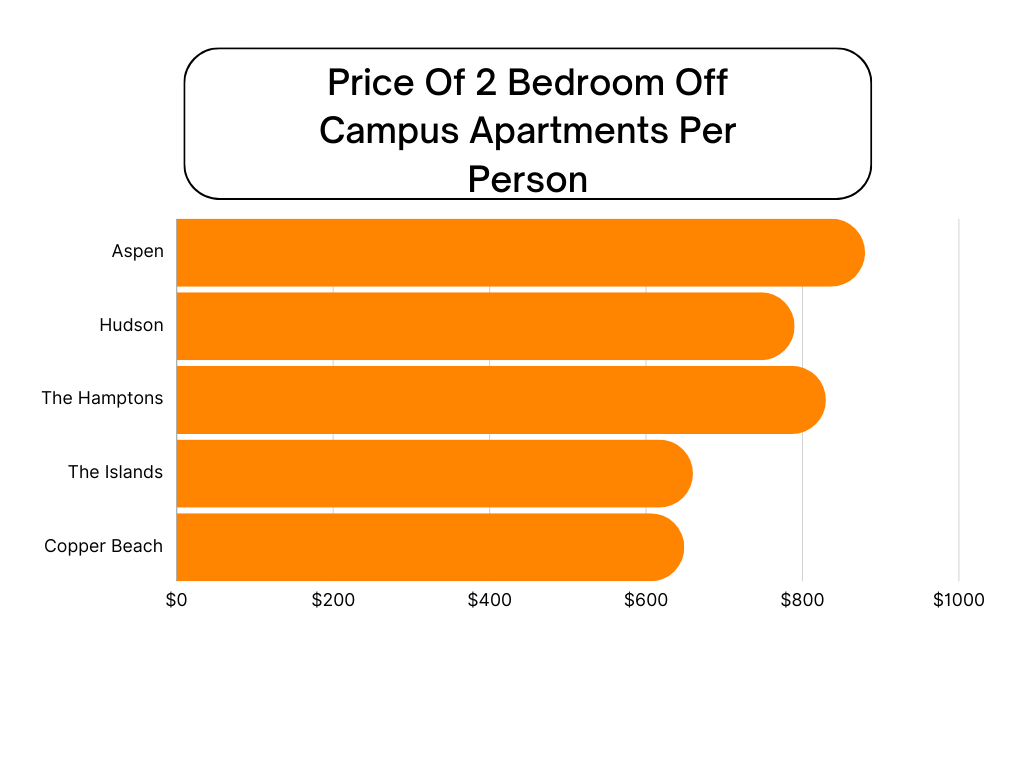World Cup madness just a phase for Americans
July 10, 2014
Think of all of your Facebook friends and Twitter pals who became soccer analysts and coaches the last few weeks. Imagine all of them as a huge, overweight, somewhat obnoxious cat.
Now, imagine the biggest stage in all of sports, the World Cup, as a stranger with a laser pointer.
This is, in my opinion, the relationship between the United States and the sport it so loves to hate.
When the World Cup comes strolling into the lime light every four years it captures the hearts and minds of the most patriotic nation on the planet. Perusing through your Facebook feed you’ll find an endless stream of #IBELIEVETHATWEWILLWIN and general enthusiasm for the world’s most popular sport.
At first glance it looks like the excitement for soccer is genuine and that Americans are beginning to embrace the sport, but it’s become clear that this is not the case.
Immediately after the United States was eliminated from competition by Belgium we saw what fair weather fans the would-be soccer fans were.
“See you in four years soccer!”
“Good thing we can get to watching real sports again, thanks Belgium.”
“As crappy as it is that the US lost at least we don’t have to watch any more soccer.”
These are just a few posts that popped up on my Facebook feed following the 1-2 defeat, and while I understand that this is anecdotal evidence at its finest, you get the feeling that these opinions aren’t outliers.
What I gathered from this World Cup is that the huge rush of people watching the games were watching for two reasons. First, they weren’t cheering for soccer at all, but for America. Now, don’t get me wrong, patriotism is a great thing. America is a pretty swell place. I can order a hamburger with my breakfast on top; that’s amazing.
The problem in this context is that a love for one’s country does not produce a love for a sport. This directly leads to our second reason Americans watch the World Cup and not other soccer competitions, which is that the World Cup is seen as the absolute pinnacle of the sport. A tournament where the best of the best compete over a one-month period every four years. The fact is Americans watch only the best, biggest, juiciest stuff available. Nobody watches minor league baseball or the Canadian Football League because there’s Major League Baseball and the NFL. Americans see the World Cup as the best soccer to watch even if it may not be true. That’s why we watch it over the couple thousand soccer matches held around the world every month.
This idea digs deeper than just watching the sport, too. Think of what sample Americans have of readily available professional soccer in the States. You either couldn’t think of anything or you thought of Major League Soccer (MLS). The quality of play in MLS is simply too low to warrant Americans to watch it on a regular basis and matches in the premier leagues of Europe don’t regularly air on American television.
When we grow up in the States we have the pleasure and luck to have some of the greatest athletes in the world to watch all year round. You go outside and shoot all night so you can be like Lebron James, or you go lift weights so you can be as strong as Ray Lewis, or you throw pitches at a wall for four hours so you can be like John Smoltz. Notice there isn’t a soccer star in there.
Maybe I’m a pessimist who doesn’t believe marginal increases in popularity will do much for the sport, but unless there is a large cultural shift “the beautiful game” will not gain foothold in the States.















